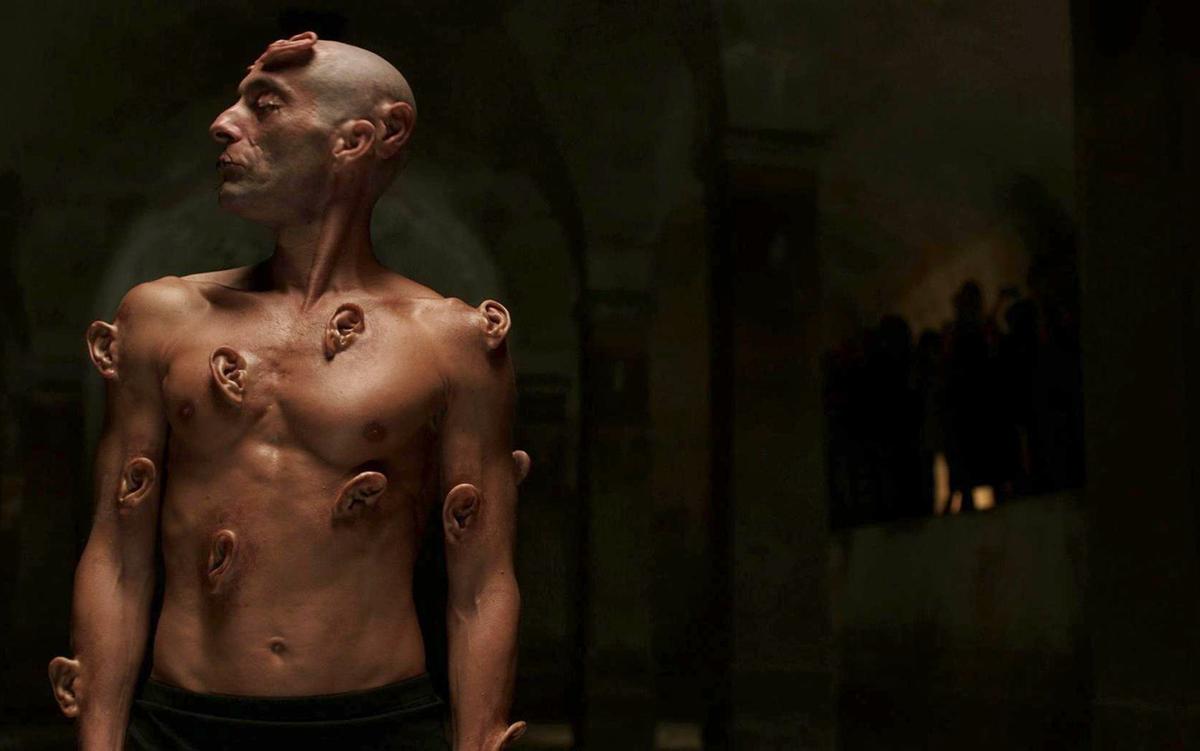
"What does government govern? What, in other words, is government the government of? The answer - at least in the West - has shifted over time. In the age of religion, kings and queens ruled over souls, preparing them for the divine beyond. After the Enlightenment, the soul gave way to the mind as the focus of governance. By the late 18th century, the target had shifted again."
"In the first volume of The History of Sexuality (1976), the philosopher Michel Foucault observed that, as the 19th century approached, government was turning its gaze to the body itself. Biological life was no longer incidental to politics: life and death, sickness and health became objects of management, control and regulation. Foucault called this new regime 'biopolitics' or 'biopower'. Across the centuries since, the government of bodies has grown only more visible - and more contested."
Governments have shifted their focus across history from souls to minds and, increasingly, to bodies. Modern political power manages biological life by regulating health, reproduction, mortality, and bodily development. Biopolitics treats life and death, sickness and health as objects of management, control, and regulation. Contemporary disputes over abortion, trans participation in sports, brain implants, food additives, school funding, and AI in classrooms are debates about how bodies and minds should be formed and governed. Central questions include what bodies are for, what transformations remain human, and whether changes of degree become changes of kind. These conflicts shape policy and population formation.
Read at Aeon
Unable to calculate read time
Collection
[
|
...
]